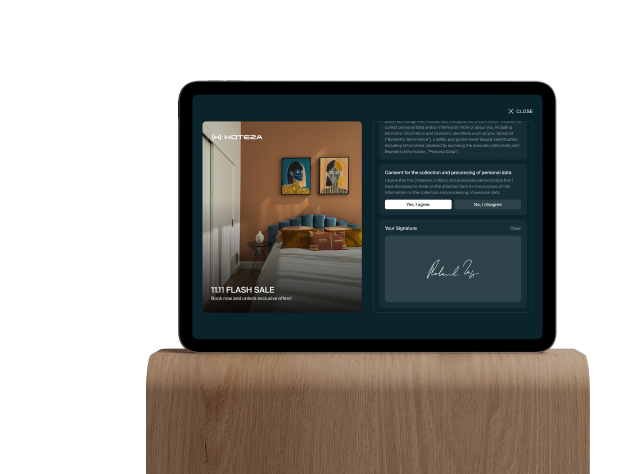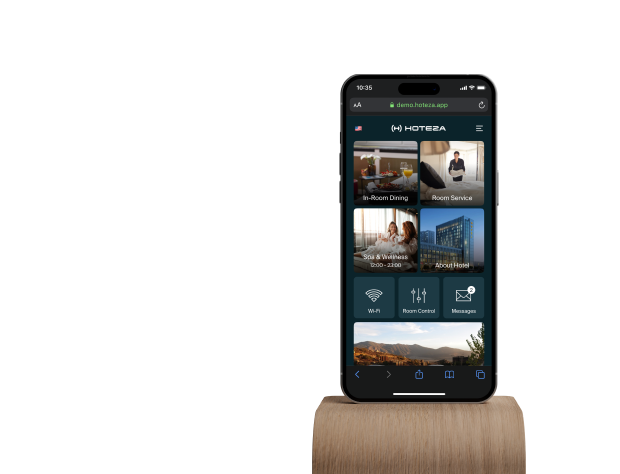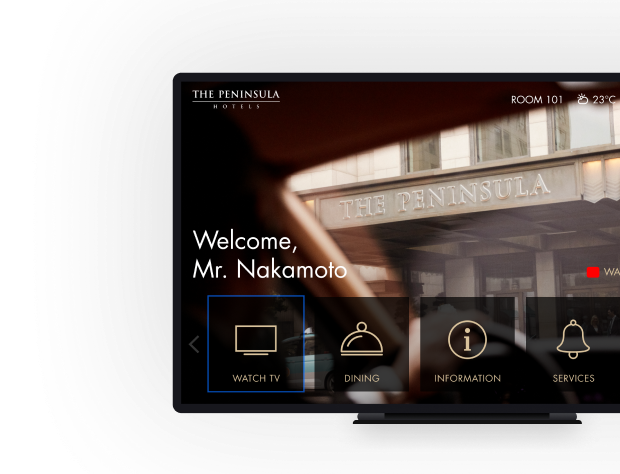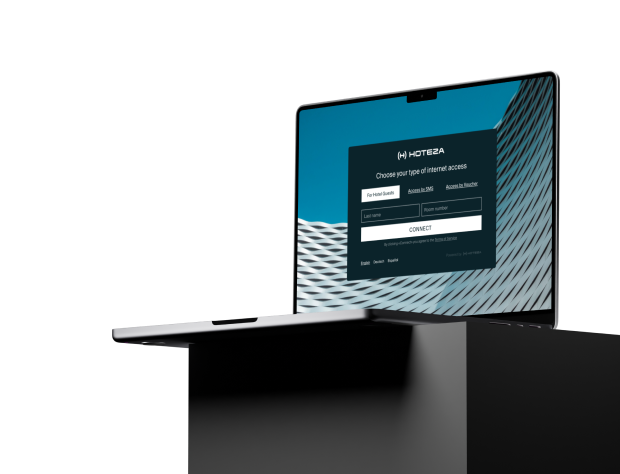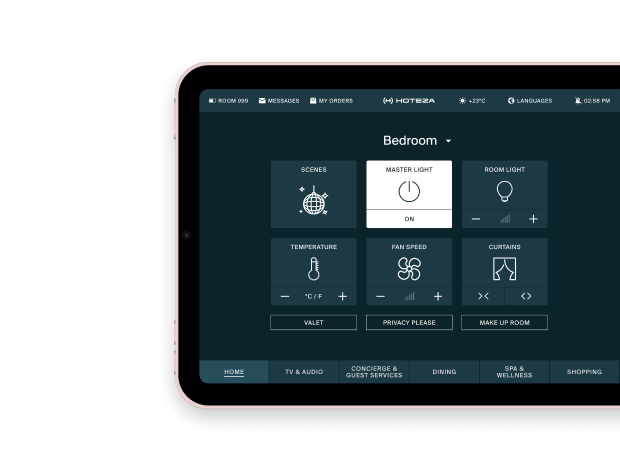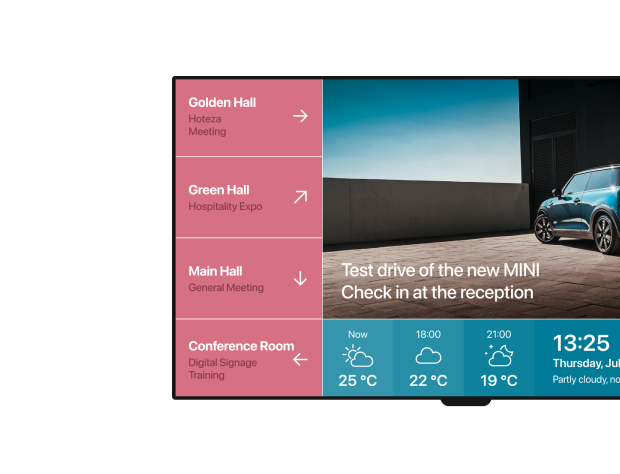20.04.2025й
How Much Does It Cost to Build a Hotel? Factors and Examples
How much does it cost to build a hotel? This guide breaks down construction budgets by hotel type, room count, amenities, and technology investments: real examples and ROI insights.
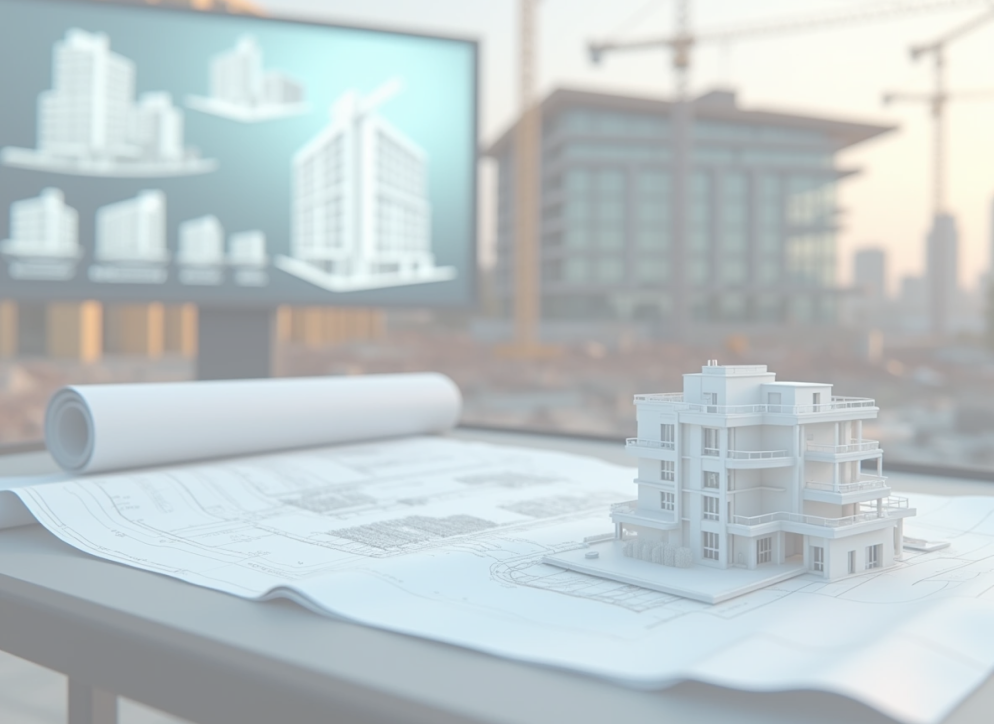
Understanding the detailed costs involved in building a hotel is crucial for hotel investors, first-time hotel owners, and property developers. The question, "how much does it cost to build a hotel?" does not have a simple answer, as costs vary significantly based on various influencing factors like location, type of hotel, and desired amenities. This article offers comprehensive insights, practical examples—including a detailed look at how much it costs to build a 100-room hotel—and important considerations for technology infrastructure as part of the budgeting process.
Hotel Construction Cost Overview
Average Cost per Room by Hotel Type
Hotel construction costs typically vary according to the hotel's category, size, and location. Economy hotels generally cost between $75,000 to $150,000 per room. Mid-scale hotels average around $150,000 to $300,000 per room, while luxury hotels and resorts frequently range from $400,000 to well over $700,000 per room. Boutique hotels can also reach higher costs due to their unique and customized designs, often approaching similar ranges as luxury hotels.
Budget, Mid-Scale, Luxury & Boutique Comparisons
Budget hotels typically feature basic room designs, minimal amenities, and lower-cost building materials, significantly reducing per-room costs. Mid-scale hotels generally provide more amenities like gyms, pools, and basic dining options, leading to increased construction expenses. Luxury hotels demand premium quality materials, intricate architectural designs, extensive facilities like spas, fine dining restaurants, event spaces, and higher operational standards, which substantially elevate construction expenses. Boutique hotels, focusing on customized experiences and distinctive architectural elements, also experience higher per-room construction costs due to their personalized and often luxurious approach.
Key Factors That Influence Hotel Construction Costs
Location and Land Acquisition
The location significantly impacts overall construction costs. Land prices vary drastically between urban, suburban, and rural areas. Prime locations in city centers or desirable tourist spots come with substantially higher land acquisition costs compared to suburban or rural locations. Additional expenses, including site preparation, excavation, and landscaping, are also influenced by geography and zoning regulations.
Size, Number of Rooms, and Building Height
The number of rooms directly influences total costs. However, increasing the room count can lower the average cost per room since fixed costs—such as lobby spaces, infrastructure, and common areas—are distributed across more units. Conversely, taller buildings introduce complexities like structural reinforcements, elevators, and more sophisticated HVAC systems, raising per-room costs.
Design, Architecture, and Amenities
The architectural style, quality of materials, and chosen amenities play substantial roles in determining overall expenses. Detailed and elaborate designs, such as those often required by luxury or boutique hotels, typically come with higher price tags. Amenities like pools, spas, multiple restaurants, and large meeting spaces significantly add to the final construction bill, both in initial investment and ongoing operational maintenance.
Labor, Permits, and Local Regulations
Labor costs vary by region and can notably affect budgets. High-demand construction markets or unionized labor environments often lead to increased costs. Moreover, securing building permits, adhering to local building codes, zoning requirements, and environmental regulations can introduce significant expenses and potential delays in hotel construction timelines.
How Much Does It Cost to Build a 100-Room Hotel?
Cost Breakdown Example by Category
| Hotel Construction Costs (100 Rooms) | |
| Cost Item | Amount |
| Land Acquisition | $2 million |
| Site Preparation and Landscaping | $500,000 |
| Construction (Materials & Labor) | $10 million |
| Furniture, Fixtures & Equipment (FF&E) | $1.5 million |
| Technology Infrastructure | $500,000 |
| Architectural and Engineering Fees | $750,000 |
| Permits, Legal Fees, and Other Soft Costs | $750,000 |
| Pre-Opening Expenses | $500,000 |
| Total | $16.5 million |
This scenario yields an estimated total cost of approximately $16.5 million, averaging $165,000 per room.
Variations Based on Brand Standards and Tech Requirements
Brand standards significantly impact overall hotel construction costs. Franchise or chain hotels often mandate specific architectural designs, room sizes, premium furnishing standards, and sophisticated technology infrastructure. Independent hotels might have more flexibility, potentially allowing cost savings but also requiring strategic investment in unique features or advanced technology to remain competitive.
Tech Infrastructure and Smart Hotel Investment
IPTV Systems, Guest Apps, and Wi-Fi Planning
Modern hotel construction must prioritize robust technological infrastructure to meet guest expectations and operational demands. High-speed Wi-Fi, IPTV systems, and guest apps for mobile check-in, room service ordering, and personalized guest experiences have become essential.
An effective IPTV system requires initial investments in both the back-end system and smart televisions in each room, averaging $400 to $800 per room. Quality Wi-Fi infrastructure capable of supporting high-speed connectivity can add an additional $200 to $500 per room. Guest-facing apps, designed to improve guest engagement, streamline services, and enable upselling, also carry development and ongoing maintenance costs.
Digital Signage and In-Room Tablets
Digital signage solutions, like interactive kiosks and lobby displays, enhance guest experience and create opportunities for additional revenue streams through targeted promotions. These digital systems typically cost hotels around $10,000 to $30,000, depending on scale and functionality.
In-room tablets that allow guests to request services, explore local attractions, or control room features can significantly enhance guest experience. Implementation typically ranges between $200 to $400 per room, depending on hardware quality and software capabilities.
Financing and ROI Considerations
Loan Types and Construction Financing Options
Financing hotel construction usually involves multiple financial instruments. Traditional bank loans are common, often covering 60% to 70% of total construction costs. Mezzanine financing or private equity might supplement bank loans, offering additional funding flexibility at higher interest rates. Small Business Administration (SBA) loans can also be an attractive option for smaller-scale hotels, providing competitive terms and longer repayment periods.
Selecting the right financing option involves balancing the interest rate, repayment terms, and flexibility to accommodate construction schedules and unforeseen expenses. Engaging a financial advisor with hotel-specific expertise is strongly recommended to navigate financing complexities and secure optimal terms.
Long-Term Revenue Projections and Break-Even Points
Accurate revenue projections and a realistic understanding of break-even points are crucial. For example, assuming a hotel achieves an average daily rate (ADR) of $150 with a 70% occupancy rate, annual room revenue for a 100-room hotel could reach approximately $3.83 million. Factoring in operational expenses, the hotel could anticipate net operational profits sufficient to achieve a break-even point within 8 to 12 years, depending on financing costs, local market conditions, and economic factors.
Consistent monitoring and updating of these projections help manage cash flow effectively and adjust operational strategies proactively, ensuring long-term financial health and profitability.
Conclusion
Planning for Long-Term Success Through Smart Investment
Building a hotel requires significant capital investment, strategic planning, and precise execution. Hotel owners and developers should prioritize sustainable long-term investments by focusing not only on initial costs but also on future operational efficiencies and revenue-generating opportunities. Smart investments in technology infrastructure, energy-efficient designs, and flexible spaces that can adapt to evolving guest expectations can greatly enhance long-term profitability.
Balancing Construction Costs with Guest-Centric Value
Balancing initial construction costs with providing exceptional guest value remains critical for success. Over-investing in non-essential amenities or luxury finishes in markets not demanding such features can negatively impact returns. Conversely, strategic spending on high-impact guest experience features, technology solutions, and market-appropriate amenities helps attract and retain guests, ultimately contributing positively to hotel performance and reputation.
Careful consideration of these factors and diligent planning helps ensure your hotel construction project meets budget expectations and delivers lasting value to both guests and investors.

